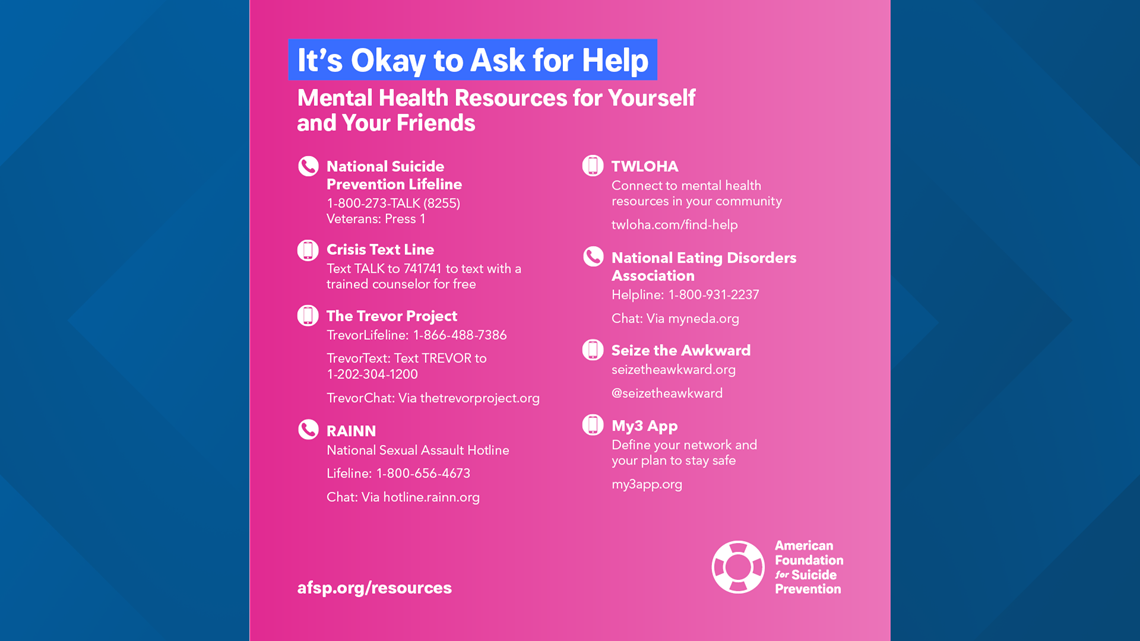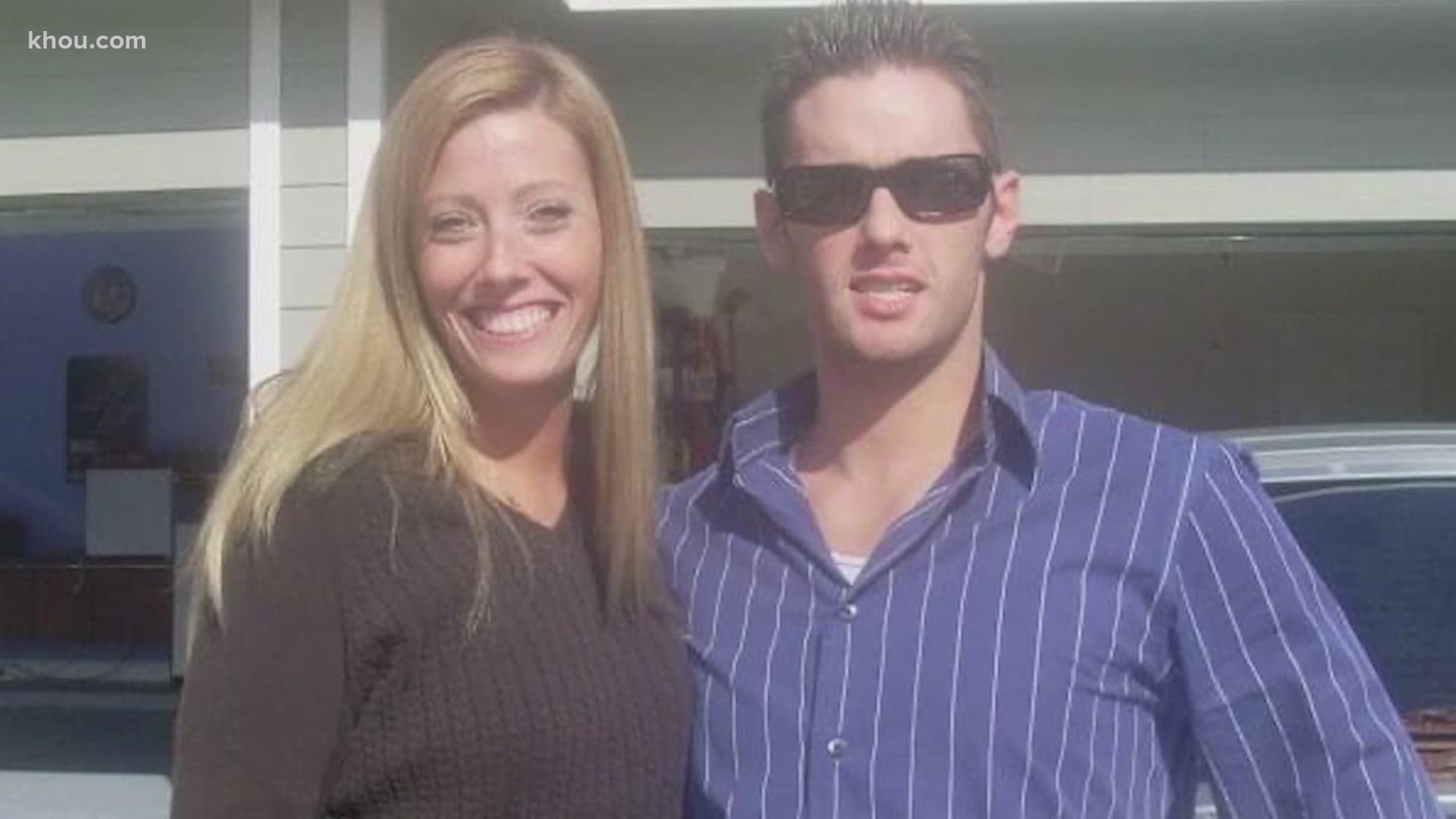HOUSTON — This week is National Suicide Prevention Week. We are Standing For Houston by talking about suicide in hopes of saving a life.
There’s a lot of stigma that comes with it. It’s why we sometimes avoid the conversation all together.
But when we peel back the judgment—what we find are neighbors who need help, support and kindness.
Greg Bradford was a Spring native and Aldine ISD Nimitz High School graduate. A kind, goofy, fun little brother to Rachel Bradford.
“He always had a smile on his face. He was always wanting to help other people,” said Bradford.
Greg Bradford moved to Colorado. He enjoyed the outdoors. Loved a good hike.
In 2017 at 33 years old, he killed himself.
“And it can happen to anybody. It doesn’t matter your socioeconomic background,” said Bradford. “It doesn’t matter your skin color. It doesn’t matter your religion. It knows no boundaries.”
Three years after her brother's death, Bradford continues to work through her grief.
“I wouldn’t wish it on anybody,” said Bradford. “When you say that you lost somebody to suicide, you don’t get the same kind of hug as, 'I lost them to cancer.'”
Just the word suicide is wrapped in stigma.
“I mean, it’s heartbreaking. People look at you like, 'What’s wrong with you? Why didn’t you do anything,'” said Bradford.
Bradford said, of course she would’ve done anything to save her brother. But suicide is a mental health issue. The American Foundation for Suicide Prevention tracks the neighbors we’ve lost. Suicide is the 10th leading cause of death in America.
More than 48,000 Americans killed themselves in 2018. Another 1.4 million attempted suicide. Bradford’s working with AFSP to save lives.
“The more people (who) share their story, whether it be the thoughts that they struggle with, (need) to know that they’re not alone,” is especially important now.
The pandemic is isolating. Uncertainty can exacerbate anxiety.
AFSP wants you to consider these warning signs which range from the words used to a shift in behavior.


If you or someone you know is suicidal, ask for help. Because you are not alone. Your family and friends love you. They really want you here with us.
Local Resources:
Texas State Resources:
National Resources:
Find a Therapist or Treatment Provider:
- Psychology Today provides listings locally, in Texas and elsewhere for psychiatrists, therapists and treatment centers for mental health and addiction issues
- National Education Alliance for Borderline Personality Disorders (NEABPD)
- Crisis Intervention of Houston hotline: 832-416-1177
- The Harris Center (formerly MHMRA) crisis line: 713-970-7000
- National Eating Disorders Association (NEDA) helpline: 800-931-2237
- Hope and Healing Center offers many support groups
- Gulf Coast Center, 24-hour crisis hotline – 866-729-3848
- Menninger Clinic’s Care Coordinators – 713-275-5400
- Support groups for alcohol and drug recovery: Alcoholics Anonymous – 713-686-6300; Narcotics Anonymous – 713-661-4200

